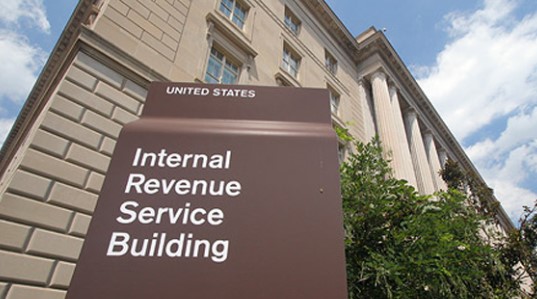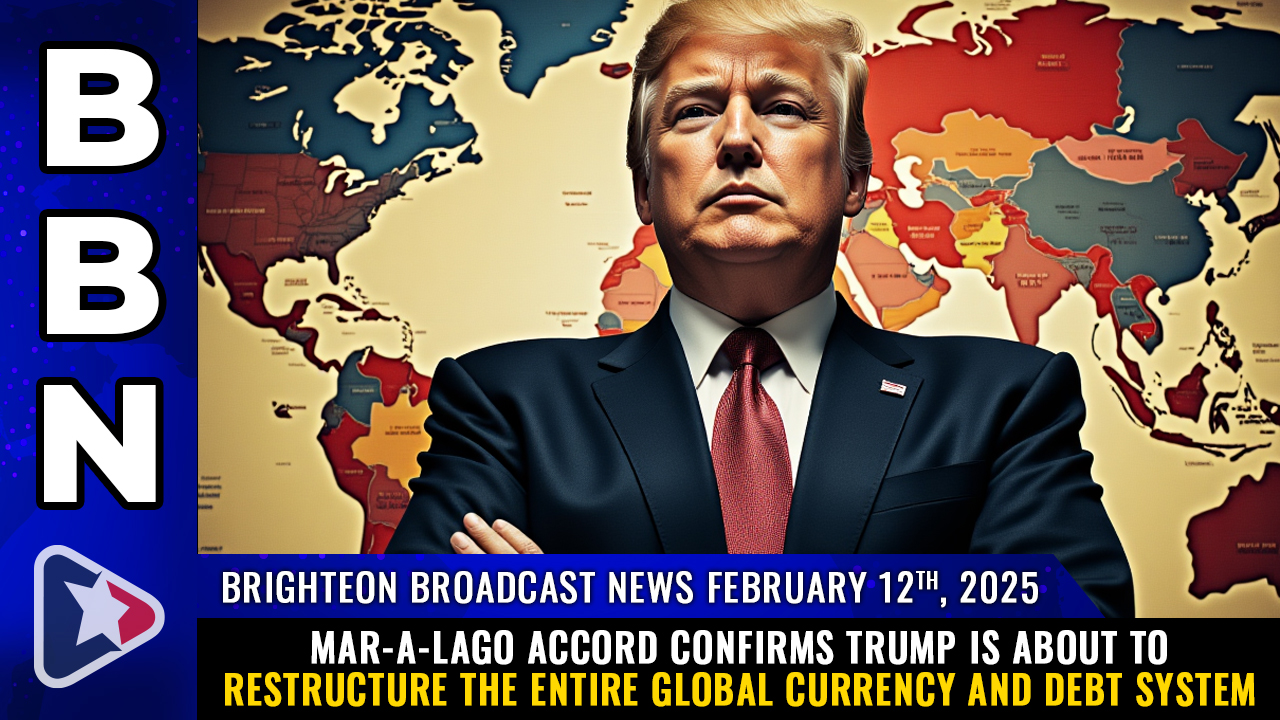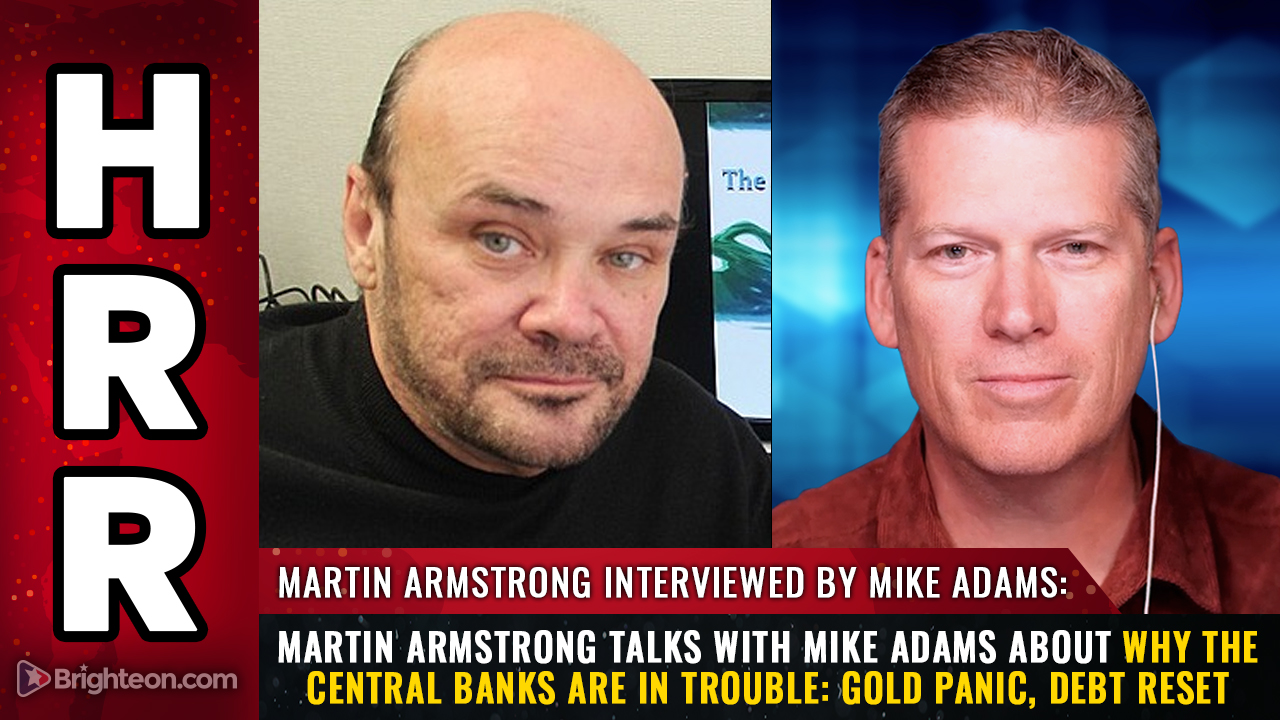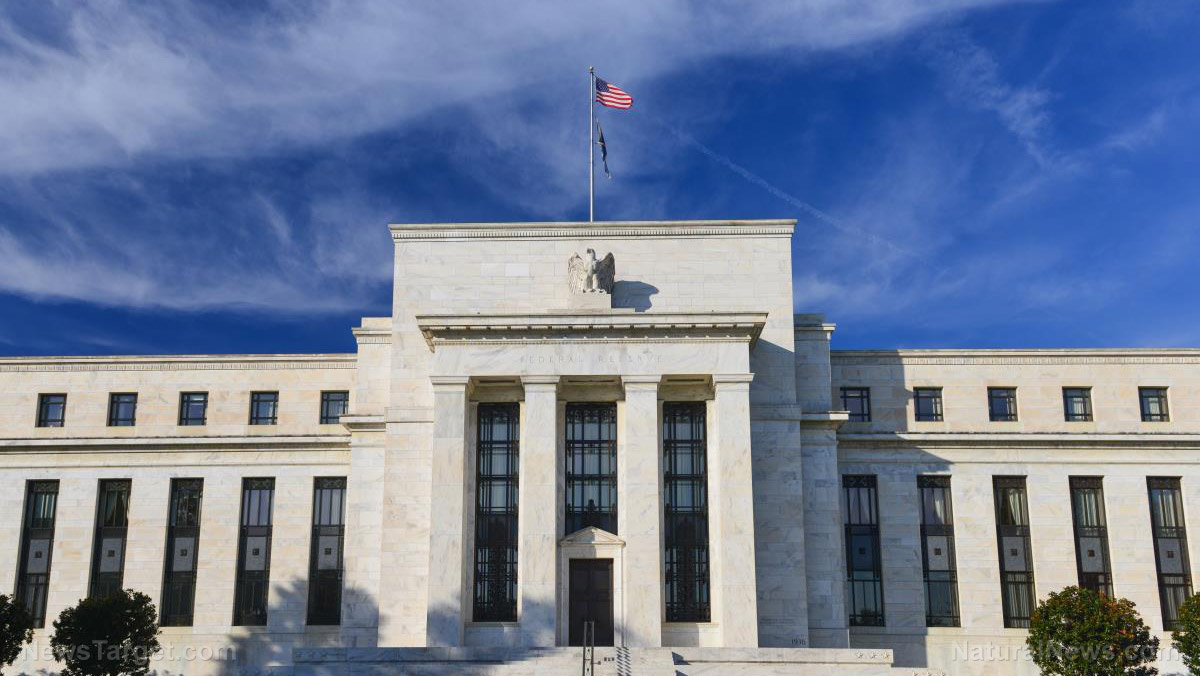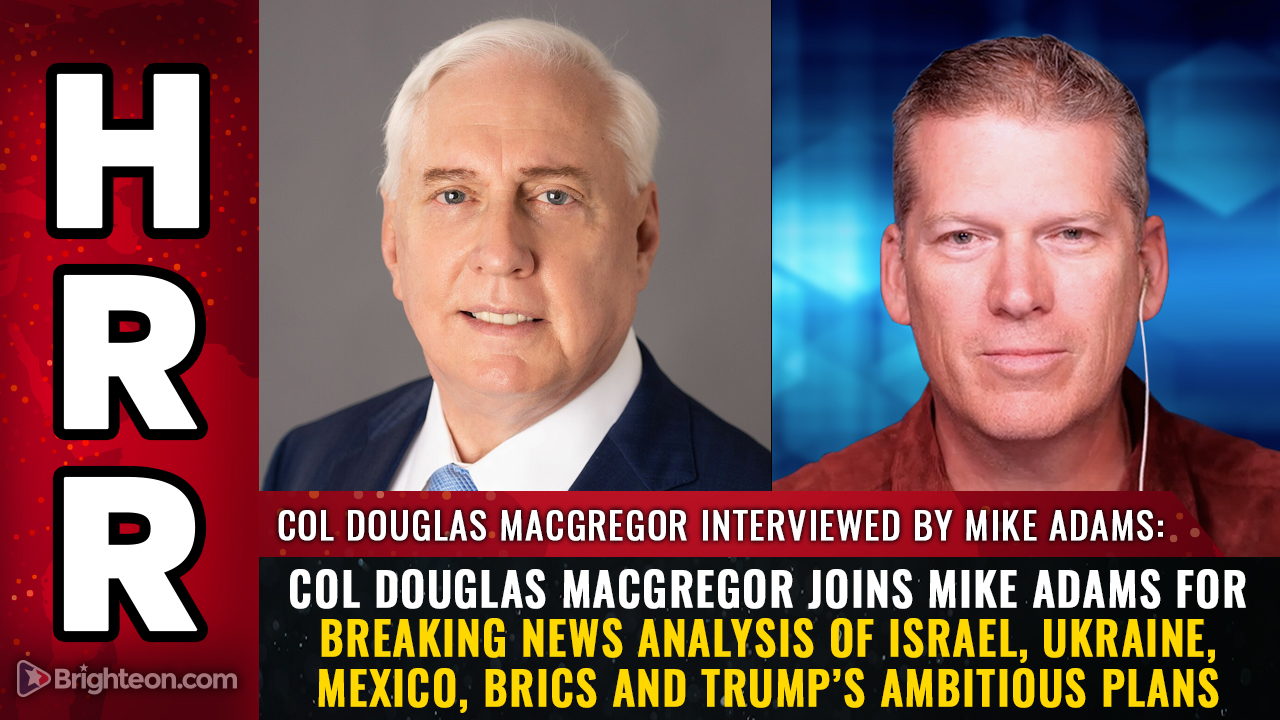AI will DISRUPT every sector of life, head of Abu Dhabi’s $330B sovereign fund warns
01/22/2025 / By Ramon Tomey

- Artificial intelligence (AI) is set to disrupt every sector, from business operations to employment, with its full scale of disruption not yet fully understood, according to Khaldoon Al Mubarak of Abu Dhabi’s Mubadala Investment Company.
- While AI presents immense opportunities, it poses significant risks to the workforce, with 41% of companies planning to replace human workers with AI-driven automation, leading to declines in roles like clerks and secretaries while increasing demand for AI-related skills.
- Al Mubarak emphasized the need for energy, transmission and data center build-outs to support AI’s growth, projecting a 10-year horizon for “overwhelming growth” in these sectors.
- Leaders at the World Economic Forum stressed the importance of re-skilling workers to adapt to the AI-driven economy, warning that failure to do so could lead to AI being rejected or causing widespread job displacement.
- While AI has the potential to augment human skills through human-machine collaboration, its rapid adoption is already leading to job losses, raising concerns about societal implications and alignment with globalist agendas.
Artificial intelligence (AI) is poised to revolutionize every facet of human life, from business operations to employment, according to Khaldoon Al Mubarak of Abu Dhabi’s Mubadala Investment Company.
Speaking at the sidelines of the World Economic Forum’s (WEF) meeting on Tuesday, Jan. 21, in Davos, Switzerland, the CEO and managing director of the emirate’s $330 billion sovereign wealth fund warned that the world has yet to fully grasp the scale of disruption AI will bring.
“This is a technology that no one today really appreciates. Truly, the level of disruption that it’s going to create, affecting everything from our lives, our businesses, human capital, employment – every sector is going to be disrupted,” Al Mubarak told CNBC‘s Dan Murphy.
While he acknowledged the immense opportunities AI presents, he also highlighted the significant risks, particularly in the job market. The Mubadala managing director’s remarks underscore a growing consensus among global leaders that AI will fundamentally alter the workforce.
The WEF’s Future of Jobs Report released early this month revealed that 41 percent of companies worldwide plan to replace human workers with AI-driven automation. Roles such as postal service clerks, executive secretaries and payroll clerks are expected to decline rapidly, while jobs requiring AI-related skills are on the rise. This stark statistic has sparked concerns about the future of employment and the broader societal implications of AI adoption. (Related: World Economic Forum report warns 41% of companies planning to downsize and replace workers with AI.)
Al Mubarak was nevertheless optimistic about AI’s potential. “The demand is going to be profoundly high in terms of the enablement of that technology,” he explained, emphasizing the need for energy, transmission and data center build-outs to support AI’s growth. The Emirati projected a 10-year horizon for these investments, predicting “overwhelming growth” in those sectors.
AI poses significant amount of risk
However, Al Mubarak’s optimism is tempered by the recognition of AI’s disruptive potential. “While there’s a lot of opportunity, it also presents a significant amount of risk, which is today unclear,” he said. This sentiment was echoed by other leaders at the WEF, who warned of the profound impact AI will have on jobs and industries.
Sander van’t Noordende, CEO of Randstad, highlighted the vulnerability of certain roles. “Anything that has ‘clerk’ in it, or ‘designer,’ ‘executive assistants,’ that is sort of very much under pressure,” he said. While new jobs in technology, security and AI are emerging, the transition will be challenging for many workers.
Richard Edelman, CEO of Edelman, stressed the importance of re-skilling workers to adapt to the AI-driven economy. “The biggest risk is that AI is rejected,” he said. “We need to get this accepted by making sure everybody is re-skilled.”
WEF Managing Director Saadia Zahidi emphasized the dual nature of AI’s impact in the Future of Jobs Report. She wrote: “The primary impact of technologies such as generative AI on jobs might lie in their potential for augmenting human skills through human-machine collaboration,” However, the reality is that many workers are already being replaced by AI as seen in recent layoffs at companies like Dropbox and Duolingo.
The rapid adoption of AI has also raised concerns about its alignment with a broader globalist agenda. Critics argue that the push for AI-driven automation aligns with efforts to reduce the global population, as fewer workers are needed in an AI-dominated economy. While this theory remains controversial, the WEF’s findings about workforce reductions lend credence to fears about AI’s societal impact.
As AI continues to reshape industries and economies, leaders like Al Mubarak are calling for a balanced approach. While the technology offers unprecedented opportunities for growth and innovation, its risks – particularly to the workforce – cannot be ignored.
Watch Khaldoon Al Mubarak explaining that the world is seeing the creation of a New World Order in this clip.
This video is from the ELNEWS channel on Brighteon.com.
More related stories:
AI to replace millions of jobs by 2030, WEF report warns.
Ex-Google CEO warns that AI poses an imminent existential threat.
Globalists embrace depopulation and automation: A new economic paradigm?
Sources include:
Submit a correction >>
Tagged Under:
AI disruption, artificial intelligence, big government, Collapse, computing, conspiracy, dangerous, depopulation, disruption, economic riot, future tech, glitch, globalism, information technology, Job cuts, job market, Khaldoon Al Mubarak, layoffs, Mubadala Investment Company, pensions, risk, robots, sovereign fund, unemployment, world economic forum
This article may contain statements that reflect the opinion of the author
RECENT NEWS & ARTICLES
COPYRIGHT © 2017 PENSIONS.NEWS
All content posted on this site is protected under Free Speech. Pensions.news is not responsible for content written by contributing authors. The information on this site is provided for educational and entertainment purposes only. It is not intended as a substitute for professional advice of any kind. Pensions.news assumes no responsibility for the use or misuse of this material. All trademarks, registered trademarks and service marks mentioned on this site are the property of their respective owners.


